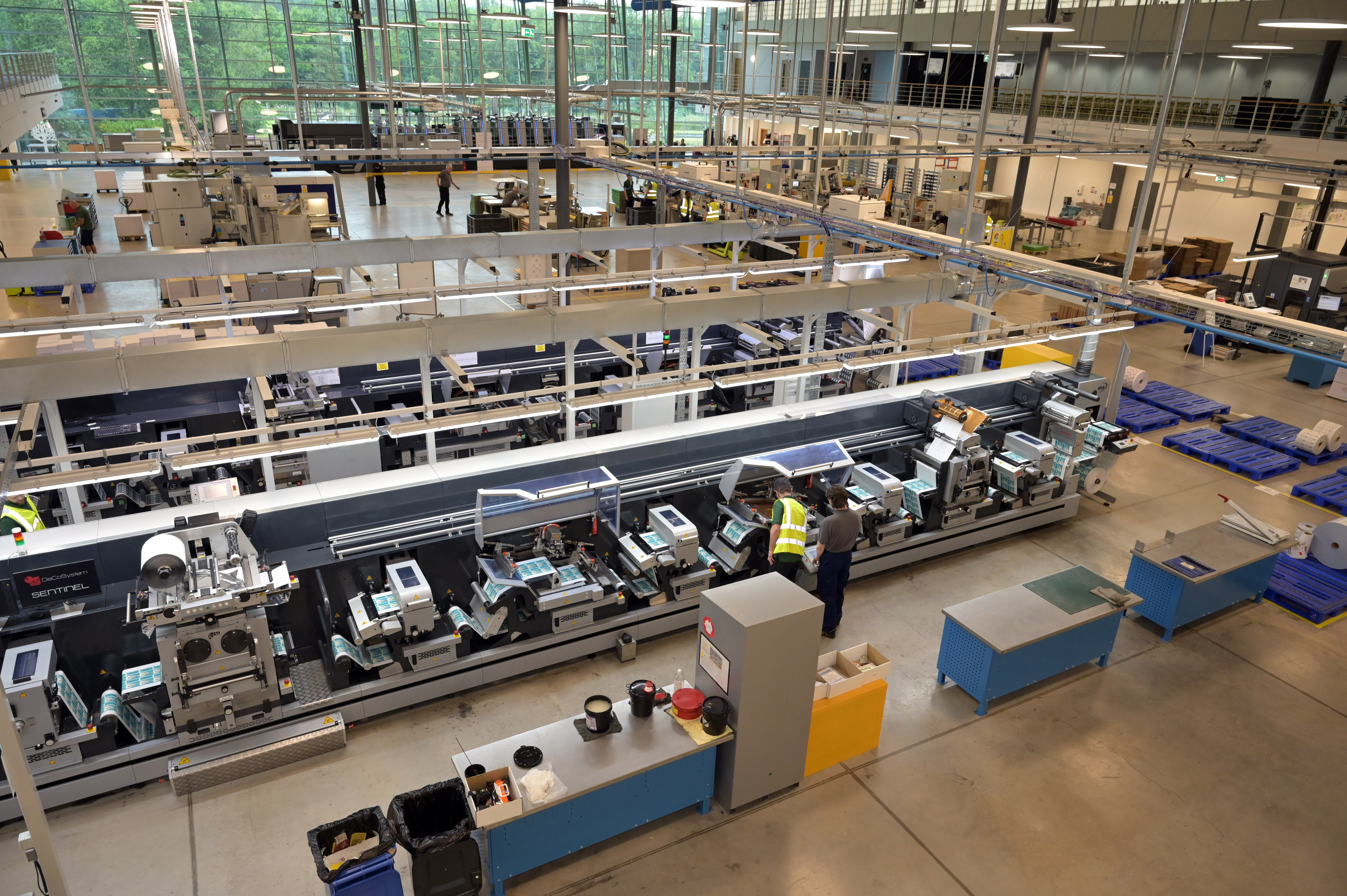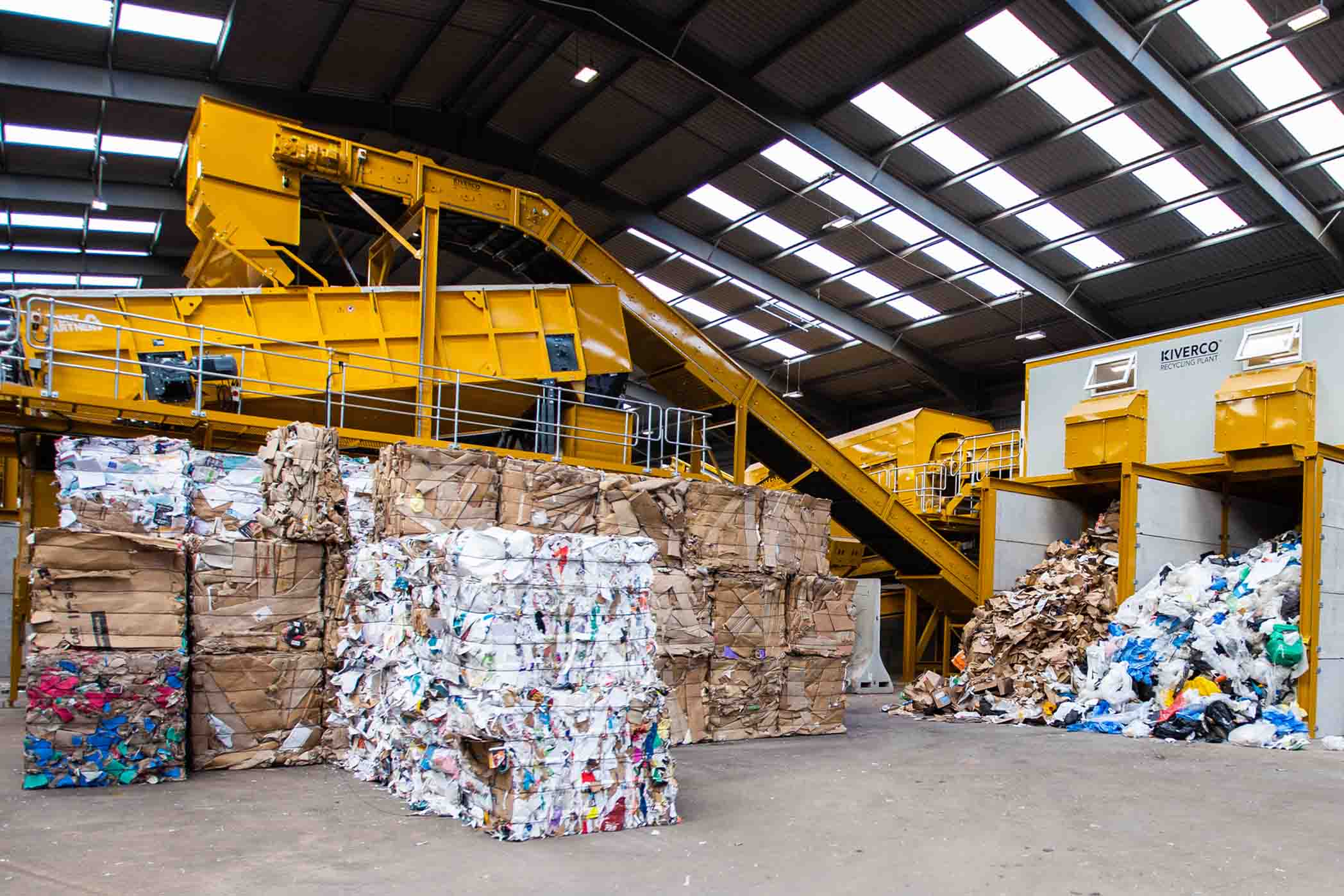
In Switzerland where green pastures meet towering white peaks, lies a sector embracing old traditions, innovative dairy products, and a strong commitment to sustainability. This trifecta is woven into the fabric of the nation’s agrifood sector. The multifaceted impact of Swiss dairy and the nation’s unique approach to agriculture epitomizes the symbiosis of tradition and innovation.
Preservation of Heritage

CEO
Emmi
Switzerland’s agricultural heritage is deeply rooted in its history, with agriculture serving as the bedrock of the nation’s economy until the 19th century. Despite its modest contribution to GDP today, which stands at a mere 1%, the agrifood sector’s value transcends financial metrics. According to Ricarda Demarmels, CEO of Swiss dairy leader Emmi, “The sector is the backbone of our nation’s heritage and prosperity. It sustains our landscapes, nourishes people, and provides opportunities in narrow valleys where the sun can come up late and go down early. Swiss agriculture balances centuries-old farming traditions with innovative techniques. We’re ensuring sustainability and competitiveness in a rapidly evolving global landscape.”
The integration of traditional knowledge with modern technologies showcases Switzerland’s commitment to preserving its agricultural legacy while embracing innovation and change. Demarmels continued, “As we progress, we try to keep old traditions alive, and value the unwritten Swiss social contract, which is an informal agreement among Swiss societal stakeholders, to maintain a balanced social system fostering equality, social justice and solidarity. This contributes to Switzerland’s overall success.”
Sustainability: An Integral Part of Emmi’s Identity for Generations

With just under 16,000 square miles, slightly less than twice the size of New Jersey, Switzerland has little land to work with, and two-thirds of the country’s surface is non-useable land because of mountainous terrain and steep hillsides. Due to these constraints, Switzerland prioritizes efficiency and is committed to sustainability measures to ensure prospects remain intact for the next generation.
The Swiss dairy industry, in particular, has emerged as a global leader in sustainable practices, setting industry standards for environmental stewardship. Demarmels stated, “The transformation to a sustainable food system is an important challenge of our time, and another important challenge is to feed people healthy food containing essential nutrients. Milk is at this intersection and the Swiss dairy industry plays a critical role, with Emmi acting as a role model.”
Through initiatives like Swiss Milk Green, which mandates eco-friendly practices and promotes biodiversity conservation, Swiss dairy farmers are pioneering a path towards a more sustainable future. Demarmels stressed, “As of the first of February this year, 100% of Swiss-produced milk adheres to the industry-wide sustainability standard ‘Sustainable Swiss Milk,’ reducing the environmental impact of milk production. This initiative is clearly recognizable for consumers via the on-pack label ‘Swiss Milk Green’ and has a clear set of requirements, including animal welfare, involving comfortable living for the animals with access to pastures, humane treatment of the animals, and even a name for the cows. It also clearly regulates the feed and medications, so Swiss milk can achieve a 100% GMO-free label. It supports innovation and encourages dairy farmers to adopt environmentally friendly and sustainable farming practices, such as reduced chemical use and biodiversity conservation. The result of these initiatives is that today, Switzerland is closer to a high-quality biodiverse grassland with Alpine flowers, herbs and clover. This creates the unique taste of Swiss milk, an extraordinarily high nutritional value, and a record low bacteria count. Something that rarely gets attention is that because Swiss grass is so sustainably farmed, it also absorbs CO2 really well, contributing to carbon sequestration.”

Embracing the principles of innovation and sustainability, Emmi is on a journey towards a more resilient food system. Demarmels noted, “Recently, it was decided that all stakeholders will have climate calculators to determine their footprint, a project which is rolled out industry-wide across Switzerland in 2025. We also have another pioneering project called Climate Star Milk (KlimaStaR) where we’ve joined forces with research institutions, the Swiss Federal Office for Agriculture, Aaremilch, ZMP, AgroCleanTech, and Nestlé Suisse. This broad initiative works on gaining scientific insights on how to make the dairy industry more climate-friendly and sustainable.”
Swiss Cheese: A Culinary Ambassador
The cultural significance of Swiss cheeses, which serve as culinary ambassadors for the nation’s rich heritage and commitment to quality, cannot be understated. From the iconic Emmental to the exquisite Gruyère, Swiss cheeses embody centuries of craftsmanship and a profound connection to the land and people.
As consumers increasingly gravitate towards artisanal foods, Swiss cheeses stand poised to capture the imagination and palate of discerning food enthusiasts. Demarmels emphasized, “Cheese craftsmanship has been part of our blood, in our DNA, and passed down for hundreds of years from generation to generation. Swiss cheese offers a variety, from mild buttery to assertive pungent cheeses. The special KALTBACH Le Gruyère AOP is particularly unique.”
KALTBACH Le Gruyère AOP has a complex palate of flavors being fruity and spicy with a deep earthiness. Its texture is luxuriously smooth, punctuated by a delicate flakiness and crunchy specks from the pronounced crystals within. It is left to ripen in the Kaltbach Cave, an ancient sandstone cave dating back 22 million years. Within the cave’s depths is a serene meandering stream. This subterranean area maintains a steady 96% humidity in the mineral-laden atmosphere, a vital factor in shaping the unique texture and flavor of the cheese produced here, setting it apart from any other variety worldwide.
Demarmels continued, “Only the best Swiss cheese gets brought to Kaltbach. It ripens under the watchful eye of our cavemasters in this special environment, with water dripping from the stone ceiling, eventually making its way to platters around the world. Emmi has been awarded tons of accolades for this at the World Cheese Awards. The unique terroir of Swiss pastures, and generations of artisanal expertise, impart a distinct character to Swiss cheeses that global audiences should discover.”
Looking Ahead: A Commitment to Excellence and Innovation


As Switzerland’s largest milk processor, Emmi plays an essential role in shaping the trajectory of the agrifood sector, both domestically and abroad. Emmi is the leading manufacturer of high-quality dairy products in Switzerland, and has a foothold in 14 countries. It currently distributes its products to around 60 nations while operating 57 production sites in eleven countries. Over 9,000 employees work for Emmi, with 70% based outside of Switzerland. 2023 was a record year for Emmi, with sales of USD 4.6 billion.
With the North American market as one of Emmi’s strategic must-win markets, Emmi seeks to leverage its expertise and resources to expand its footprint and promote Swiss culinary excellence. Demarmels mentioned, “North America is our most important market, outside of Switzerland. We have a number of businesses in the USA, and in addition to importing we produce cheese in the states. For instance, we own the number one feta brand in the USA called Athenos. We also have a large premium dessert business where we produce traditional Italian desserts, and own Meyenberg, the number one goat milk in the states. The Emmi Group has a fantastic portfolio of local brands, providing people with a moment of heartfelt indulgence.”
In Switzerland, where tradition meets innovation, the agrifood sector stands as a testament to the nation’s enduring commitment to excellence and sustainability. As Swiss cheeses continue to captivate palates around the world, Emmi leads the charge towards a more sustainable future. The legacy of Swiss agriculture will remain a source of pride for the nation.
























